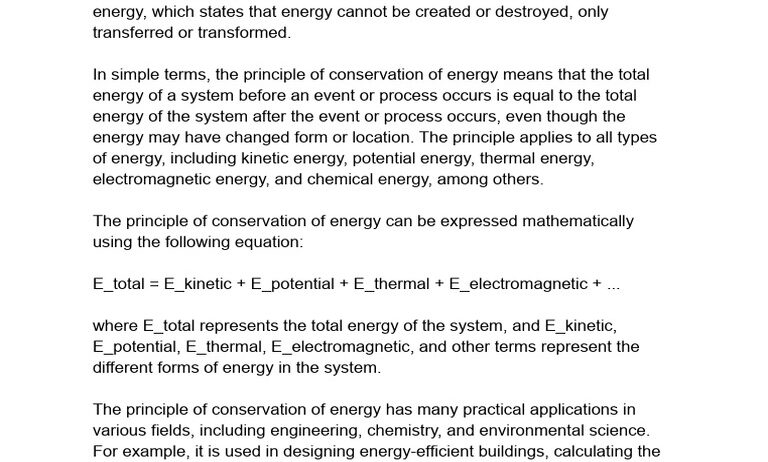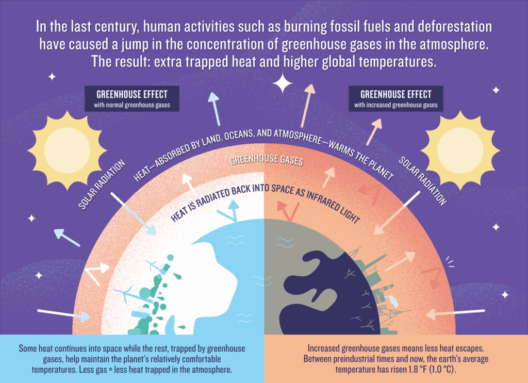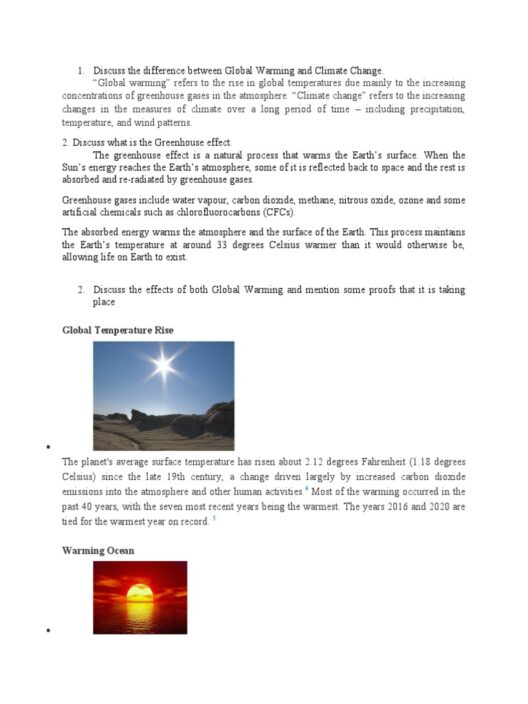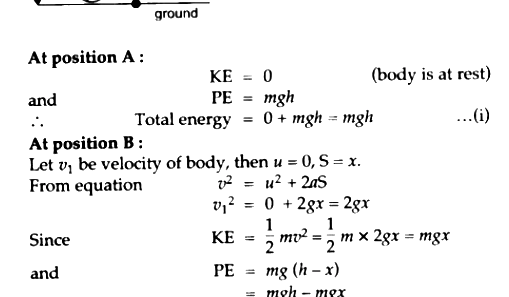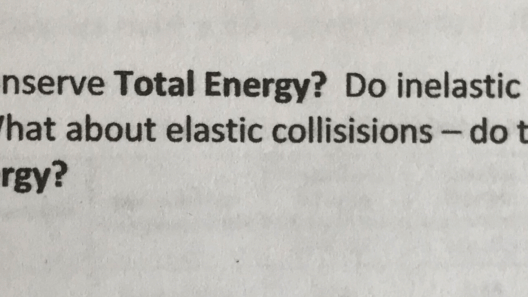When pondering the complexities of our physical universe, one might ask: is it possible to create energy from nothing? This whimsical question paves the way to a fundamental concept in physics: the Conservation of Energy. In its essence, the conservation principle states that energy cannot be created or destroyed, only transformed from one form to another. This seemingly simple tenet of science has profound implications across diverse fields, from engineering to environmental science, illuminating our understanding of both terrestrial and cosmic phenomena.
The significance of energy conservation resonates through various scientific disciplines. But what, exactly, does it entail? Understanding this principle takes us on a journey through physics, chemistry, and ecology, revealing the interconnectedness of natural laws and human endeavors.
Conserving Energy: A Universal Principle
The principle of conservation of energy, articulated elegantly in the 19th century by physicists like Hermann von Helmholtz and Lord Kelvin, asserts that in a closed system, the total energy remains constant. It is a fundamental truth that transcends scientific domains. Whether it’s the energy used to power our electronic devices, the energy harnessed by plants during photosynthesis or even the energy propelling celestial bodies across the cosmos, each interaction obeys this inexorable law.
This aggregate constancy can be expressed in varying forms: kinetic, potential, thermal, and more. Kinetic energy is the energy of motion, while potential energy is stored energy depending on an object’s position. As an example, consider a pendulum. At its highest point, it has maximum potential energy and minimal kinetic energy. As it swings downwards, potential energy converts to kinetic energy, showcasing a classic transformation while the total energy remains unaltered. Such transformations are pivotal in understanding everyday occurrences and technological advancements.
The Ecological Reflection: Energy Flow and Ecosystem Dynamics
In ecology, the conservation of energy underlines the functioning of ecosystems. Here, energy from the sun is the primary source, driving the intricate web of life. Through photosynthesis, plants capture solar energy and convert it into chemical energy, which is then transferred through various trophic levels—herbivores and carnivores. Each step in this energy flow exemplifies transformation rather than creation or destruction. Yet, why should we, as stewards of the environment, care about these energy transformations?
The answer lies in the implications for sustainability. Understanding how energy efficiently flows through ecosystems can guide conservation efforts. Recognizing that energy losses—primarily as heat—occur at each trophic transfer emphasizes the need to preserve biodiversity. Healthy ecosystems retain energy within their confines, making them resilient. In practical terms, we must prioritize protecting these natural systems, for they are not merely a source of resources but also play a crucial role in maintaining the energy balance essential for life.
Human Innovation: Harnessing Energy Efficiencies
As humanity progresses, grappling with energy conservation has become increasingly critical, particularly in the context of combating climate change. Traditional energy sources often result in detrimental environmental impacts. Recognizing the conservation principle invites us to rethink how we produce and consume energy, challenging us to harness cleaner energy solutions.
Innovative technologies, such as solar panels, wind turbines, and even nuclear fusion, epitomize the pursuit of energy transformation. By converting natural resources into usable energy forms while adhering to the conservation principle, we can empower societies sustainably. The challenge lies in advancing these technologies to maximize efficiency while minimizing waste. In the quest for revolutionary energy solutions, the conservation of energy principle must serve as our guide.
Redefining Energy Consumption: The Challenge Ahead
Despite its fundamental nature, the conservation of energy does not absolve us of accountability in our energy consumption patterns. Instead, it invites us to reconsider our relationship with energy in our daily lives. Each time we leave a light on or let water run needlessly, we contribute to inefficiencies that violate the spirit of conservation. So, how do we engage with this principle in a meaningful way?
The answer lies in adopting sustainable practices and becoming mindful consumers. This may range from simple actions, like using energy-efficient appliances, to advocating for policies that promote renewable energy sources. As stewards of the environment, it is our responsibility to reduce waste and pursue methods that maximize energy efficiency. Perhaps, as a society, we need to reflect on our energy habits and integrate the conservation of energy into our cultural ethos.
In conclusion, the concept of energy conservation is more than a fundamental scientific principle; it is a clarion call for thoughtful stewardship of our planet. It is essential in fostering a greater understanding of ecological dynamics, informing technological innovations, and redefining our energy consumption habits. As we stand at the crossroads of environmental challenges, embracing the conservation of energy will guide us toward a sustainable future. The question remains: are we ready to rise to this challenge?



